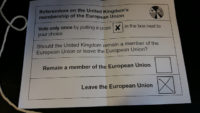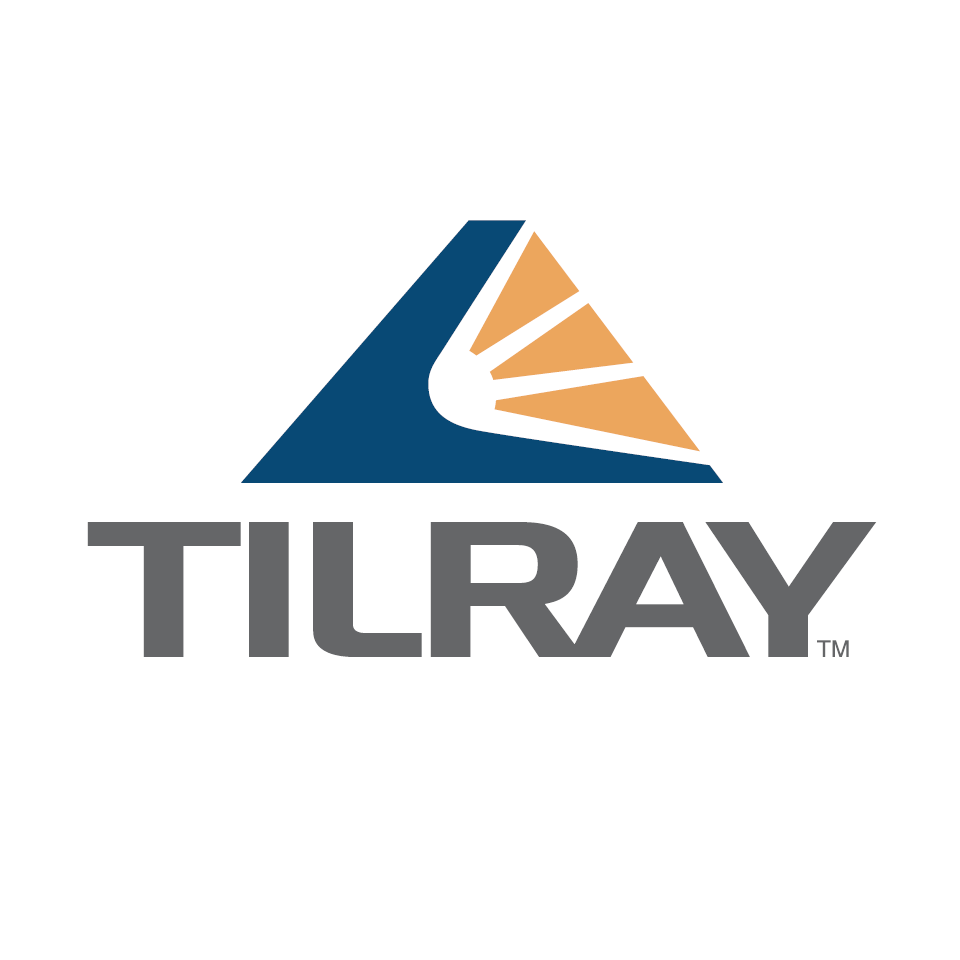If you have wondered over the past several years, why the big Canadian companies (in particular) are following the global strategy they are, there is actually a fairly simple answer: Newly implementing trade agreements, particularly between Europe and North America.
More specifically, they are highly technical trade agreements that are also called Mutual Recognition Agreements, (or MRAs).
In fact, look at the schedule of the MRA agreements signed between the U.S. and individual EU countries over the last several years, and it also looks like a map of the countries that have not only legalized at least medical cannabis, but where the big Canadian companies (in particular) have begun to establish operations outside of their home country.
But what is going on is actually more than just CETA-related and also will affect cannabis firms south of the Canadian-U.S. border.
 All of these swirling currents are also why the most recent MRA to come into full force in July this year, between the U.S. and Europe, is so interesting from the cannabis perspective. Even before federal reform in the U.S. If this sounds like a confusing disconnect, read on.
All of these swirling currents are also why the most recent MRA to come into full force in July this year, between the U.S. and Europe, is so interesting from the cannabis perspective. Even before federal reform in the U.S. If this sounds like a confusing disconnect, read on.
What Are MRAs?
MRAs are actually a form of highly specialized trade agreement that allow trading countries to be certain that the pharmaceuticals they purchase from abroad are equivalent to what is produced at home. This includes not only ingredients but processing procedures, production plant hygiene, testing, labeling and more.
When it comes to the EU-US MRA agreement, this means that individual states of the EU can now recognize the American Food and Drug Administration (or FDA) as an effective federal regulator of American pharmaceutical production that is equal to the procedures in Europe. US GMP standards, in other words, will be recognized as equal to those of EU states.
This will now also, by definition, include GMP-certified medical cannabis formulations.
What is so intriguing, however, is how this development will actually place certain American (and Canadian) manufacturers in a first place position to import cannabis into Europe ahead of the rest of the American cannabis industry.
What Are Mutual Recognition Agreements All About?
One of the most important quality and consumer safety aspects of establishing a clean supply chain is tied up in the concept of GMPs (Good Manufacturing Practices). These are procedures, established by compliant producers of pharmaceuticals, to ensure seed (or source) to sale reliability of the medication they make. In the cannabis industry, particularly in the advent of Canadian-European transatlantic trade in cannabis, this has been the first high hurdle to accept and integrate on the Canadian side.
 If European countries recognize a country’s GMP certifications are equivalent to its own, in other words, and cannabis is legal for export, a country can enter the international cannabis market without facing bans, in-country inspections and the like. In the interim, imported products still have to be batch tested until the agreements are fully accepted and operational.
If European countries recognize a country’s GMP certifications are equivalent to its own, in other words, and cannabis is legal for export, a country can enter the international cannabis market without facing bans, in-country inspections and the like. In the interim, imported products still have to be batch tested until the agreements are fully accepted and operational.
Israel, for example, already had an MRA with the EU, and medical cannabis is legal in the country. However, Israel was prevented from selling cannabis abroad until a legislative change domestically, passed on Christmas Day.
That is why the MRA agreement between the US and EU with Canadian companies in the middle also put both Israeli and U.S. firms at an extreme disadvantage in comparison. Both in entering the market in the first place, and of course associated discussions, like the German tender bid. That is now changing- and as of this year.
A Specialized Map Of Global Medical Cannabis Exporters
Ironically, what the new US-EU MRA could also well do is create a channel for pharmaceutical cannabis from the United States to Europe (certainly on the hemp and CBD front) just as Israel is expected to enter the international cannabis export industry (later this summer or fall). It could well be also, particularly given the Trump Administration’s tendency to want to not only “put America first” if not pull off “a better deal” in general and about everything, that this is why President Trump offered the delay to Israel’s president Benjamin Netanyahu in the first place.
Regardless of the international individual developments and subtleties however, what is very clear that from the time the first bid stalled in Germany in the summer of 2017 until now, the U.S.-EU MRA has been in the room even if not named specifically as a driver.
For example, the FDA confirmed the capability of Poland and Slovenia to carry out GMP inspections in February of 2019. It was only last fall that Aurora pulled off its licensing news in the former (on the same day licensing reform was announced by the government). Denmark was recognized in November of last year during the first year of its “medical cannabis pilot progam.” Greece was recognized in March 2018. Italy, Malta, Spain and the UK came online in November of 2017.
Overlay this timetable with a map of cannabis reform (and beyond that, cannabis production) and the logic starts to look very clear.
The upshot, in other words, is that while cannabis still may be “stigmatized” if not still “illegal” in many parts of the world, more generalized, newly negotiated and implementing, specialized global trade agreements between the US, Europe and Canada in particular have been driving the development of certain segments of the cannabis industry globally and since about 2013.
The Biggest News?
As of this year, as a result, expect at least from the GMP-certified front at least, that such international trade will also include medical cannabis from the U.S.
Want an example of the same? First on that list if not early in the game will now undoubtedly be Canadian-based Canopy Growth, with Acreage on board, headquartered in New York.





 In the meantime, however, what this also does is place one of the world’s largest cannabis companies in the middle of what is largely seen as the world’s most valuable overall cannabis market. Further it does so in an environment where the company benefits from Acreage’s considerable market and political clout. Former speaker of the U.S. House of Representatives John Boehner (a fierce opponent of legalization until it was personally convenient and profitable) is on the board of Acreage.
In the meantime, however, what this also does is place one of the world’s largest cannabis companies in the middle of what is largely seen as the world’s most valuable overall cannabis market. Further it does so in an environment where the company benefits from Acreage’s considerable market and political clout. Former speaker of the U.S. House of Representatives John Boehner (a fierce opponent of legalization until it was personally convenient and profitable) is on the board of Acreage.














